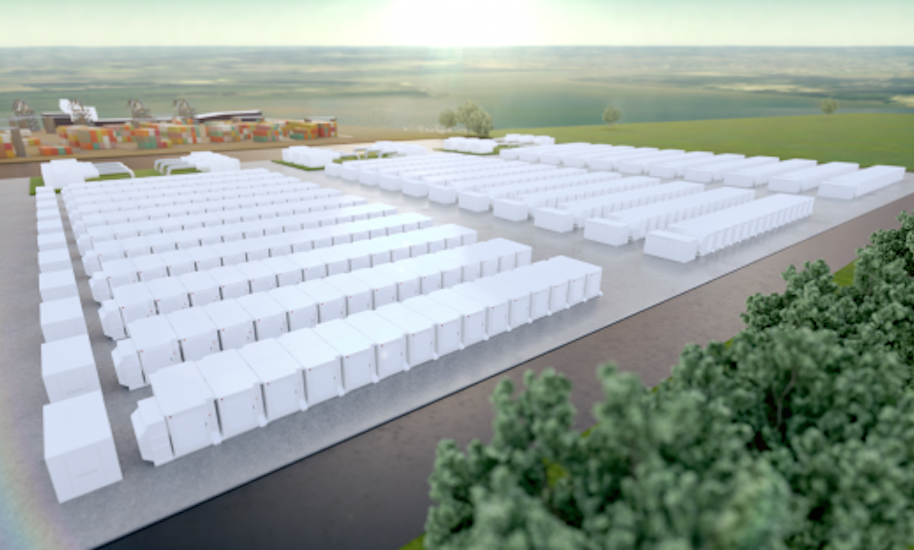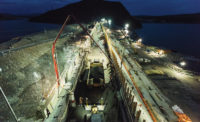A proposal for a giant electricity storage complex in Ontario by Toronto developer NRStor and the development arm of Canada's largest First Nations reserve could thrust the country into the forefront of the burgeoning industrial-scale battery sector.
NRStor and the Six Nations’ Grand River Development Corp., under the partnership Oneida Energy Storage LP, signed a deal last month with the Canada Infrastructure Bank to invest in the 250-MW facility, said to be the largest of its kind in Canada.
“Energy storage is a game-changer that can help to enable Canada's transition to a low-carbon economy,” said Ehren Cory, Canada Infrastructure Bank CEO, in a press release.
Executives at the public-private infrastructure investment entity, which recently launched a plan to help finance nearly $2 billion in green energy projects over the next three years, did not specify the dollar value of its planned investment, with a final decision expected this spring and a project groundbreaking later this year, said Jason Rioux, NTStor chief development officer.
“The intention is … to have shovels in the ground this summer,” Rioux said. “It would be the largest in Canada by a long shot. It will be among the largest in the world.”
The energy storage battery complex would store excess capacity during off hours and release it during times of peak demand.
The storage capacity, in turn, will help boost the ability of green energy sources such as wind turbines, which are subject to intermittent low periods, to pump power into the grid, Rioux said.
Rioux estimated construction costs will be in the “hundreds of millions,” declining to offer a more specific number.
However, the standard industry measurement is $1 million in construction costs for each megawatt, which would put the battery energy storage project in the $250-million range.
The complex would involve the placement and construction of as many as 250 battery storage nodules on concrete pads spread over five to ten acres.
The project would be the largest yet developed by NRStor, which to date has built battery projects across Canada totaling around 200 MW in capacity.
“Certainly, having the bank involved … will help unlock potential investors,” said Sarah Petrevan, policy director at Clean Energy Canada, a think tank at Simon Fraser University in Vancouver.
The project is in line with ones in other countries that have been growing in size, recently coming on line or are soon to. These include, in Monterey County, Calif., a 250-MW facility that started operation last summer, and a planned, estimated 400-MW battery facility—both on the site of the former Moss Landing Power Plant, a since mothballed natural gas-powered generator.
In November, U.K. government regulators approved that country's largest-ever battery storage project, a 320-MW lithium-ion facility to be built by Scotland-baded energy firm InterGen at DP World London Gateway, a new port and logistics center on the Thames Estuary in southeast England.
The new facility follows a change last year in government rules that had allowed facilities of only about 50MW.
The $267-million project is set to start construction in 2022 and operate two years later.





